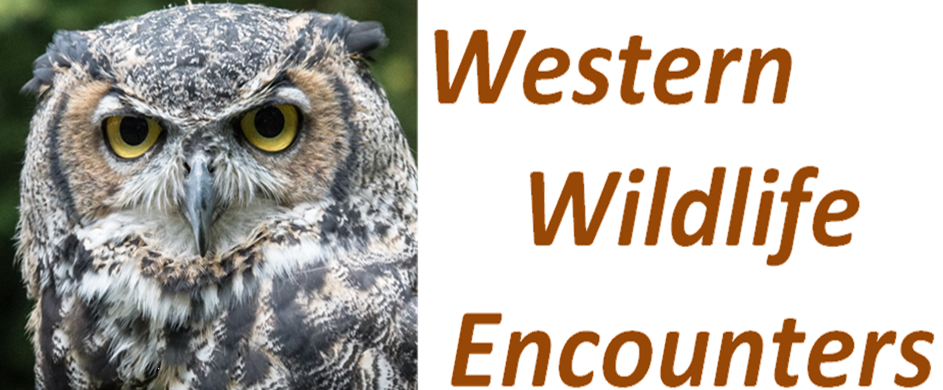
Help With Injured/ Orphaned Widlife

It is in the best interest of the animal to be cared for by a permitted wildlife rehabilitator. It is illegal for non-permitted individuals to possess or care for injured, sick, or orphaned wild animals.
If there is no rehabilitator close to you contact Washington Dept of Fish & Wildlife
WDFW Region 1
Spokane (509) 892-1001.
Asotin, Columbia, Ferry, Garfield, Lincoln, Pend Oreille, Spokane, Stevens, Walla Walla, and Whitman counties.
WDFW Region 2
Ephrata (509) 754-4624.
Adams, Chelan, Douglas, Grant, and Okanagon counties.
WDFW Region 3
Yakima (509) 575-2740
Benton, Franklin, Kittitas, and Yakima counties.
WDFW Region 4
Mill Creek (425) 775-1311.
King, Skagit, Snohomish, and Whatcom counties.
WDFW Region 5
Ridgefield (360) 696-6211.
Clark, Cowlitz, Lewis, Klickitat, Skamania, and Wahkiakum counties.
WDFW Region 6
Montesano (360) 249-4628.
Clallam, Gray’s Harbor, Jefferson, Kitsap, Mason, Pacific, Pierce, and Thurston counties.
Can I keep a wild animal? No!
From the National Wildlife Rehabilitators Association website:
If you have found a wild animal that is truly in crisis, you may be facing a dilemma. Of course, you want to do what’s best for the animal, but you may find it difficult to turn him or her over to a wildlife rehabilitator. Letting go can be hard, especially when the animal is a baby. The temptation to care for the baby yourself may be strong. And having eager young children in the house begging to raise the animal does not make the decision any easier. So why can’t you keep the animal?
In almost every case, keeping a wild animal is illegal. Native wildlife species are protected by state laws, federal laws, or both. To keep a wild animal in captivity for any length of time, for any reason, requires at least one special permit. Most cities and many counties have local ordinances that prevent individuals from keeping wild animals in captivity. Many neighborhood associations or covenants also prohibit keeping wildlife within property boundaries.
More importantly, wild animals deserve the best possible care. Providing the proper care is challenging because each species has specialized needs. Orphans need special diets and formulas to grow strong and healthy. They also must learn survival skills, including how to recognize and find food, how to escape predators, and how and where to make a nest, den, or burrow before being released back into the wild. Young animals need to be raised in the company of their own kind for proper behavioral development. Infections, parasites, and injuries are common and difficult to detect and treat in wild animals.
There is also the welfare of your own family to consider. Wild animals can be dangerous, especially when frightened or injured. Wildlife diseases, such as distemper, may pose a threat to companion animals, while others, including rabies and tularemia, can be transmitted to humans.
Most people who want to care for a wild animal themselves plan to release the animal once it is grown or has recovered from its injuries. That is the goal of wildlife rehabilitation, but rehabilitators have an advantage when they return their patients to the wild—they have years of experience in letting go, both physically and emotionally. Knowing what the animal needs to survive in the wild, knowing when the animal is ready to be on its own, and learning to avoid becoming too attached to a patient are important parts of becoming a good wildlife rehabilitator.
If you are tempted to care for a wild animal on your own, please ask yourself these questions first:
What is the best thing I can do for this animal?
If I’m having a hard time letting go of the animal now, how will I feel after I’ve really grown attached?
Am I prepared to deal with the legal and financial consequences of keeping a wild animal illegally? How will I feel if the animal is discovered, confiscated, and possibly euthanized?
Am I prepared to deal with the health consequences of someone being bitten or scratched, my pets or house becoming infested with parasites, a person or pet catching a disease, or just simple allergic reactions?
Can I be certain that, once I’ve released the animal back to the wild, it is capable of surviving on its own? Am I providing the best possible chance for survival?
How will my family and I feel if the animal dies in our care or is permanently impaired by my improper care?
Turning the animal over to a licensed/permitted wildlife rehabilitator as soon as possible is the best way to safeguard human and pet safety while providing the wild animal with the best chance of survival. Call a wildlife rehabilitator right away for advice and answers to your questions.


